Family Fitness in 36 SecondsOne act. Three seconds. Twelve times. Equals 36 seconds a day. What’s the magic moment? A hug. According to family therapist Virginia Satir, “The recommended daily requirement for hugs is: 4 per day for survival, 8 per day for maintenance, and 12 per day for growth.” A family’s emotional fitness can be aided by a mere 36 seconds a day. But, the real trick, says neuroeconomist Paul J. Zak, is that the hug has to be associated with a “signal of trust”. Having some sign of confidence in the relationship, or potential connection, accompanied with the hug insures moods more at peace, security increased, and stress released. Efforts can be made to remind us, and family members, of the 36-second hug habit. To strengthen the attachment process and hug therapy in your home I made 2 versions of the Hugs & Kisses Kit. (I threw in the kisses for good measure.) The idea is that the kit has chocolate candies and every time one is taken out, then a hug has to be given to someone as ‘payment’. The kit really isn’t necessary, just a fun reminder to get your family counting and keeping track of heart healthy hugs. Here are a few other times to wrap your head (and arms) around. • hug in morning • hug at night • hug to greet • hug to congratulate • hug to warm • hug to protect • hug to connect • hug to apologize • hug to energize • hug to support • hug to strengthen • hug to surprise Thirty six seconds to increase family fitness of heart and mind. Do you have the time today? Get the DIY downloadable here @ Idaho Women's Journal for $2.
There's a crafty version and a quick version. I had the quick version of the Hugs & Kisses glass jar out during a party and there were hugs everywhere. Try it out in your home and let me know how you like it.
5 Comments
10 Don'ts When Interacting with Your Teen's Friends 1. Don't try to be cool. Awkward. And painful. It never works when a parent tries to be cool. 2. Don't compete. Loser. You lose when you make it about competing with your kid. Join a ball team. 3. Don't make fun. Ever. Never use your kid (or their friends) as the punch line for a joke. Laugh at something else. 4. Don't always jump in. Know-it-all. Let them figure a few things out. You don't always have to share the answers. 5. Don't look for friends. Creepy. Don't make your kids friends your friends. On FB or at home. Find your own. 6. Don't be pushy. Bully. It doesn't have to be my way or the high way. Let some things ride. 7. Don't be fake. Phony. Embrace & express who you are & be authentic. No need to use a bull horn. 8. Don't take over the conversation. Windbag. Be a small part of the conversation, don't be the conversation. Sometimes, don't even talk. 9. Don't be sensual. Ewe. Do I even need to say anything? Sadly, yes. Turn your sexual brain off. Period. 10. Don't try to outshine. Diva. The spotlight shouldn't be on you or how you feel. Your kid is the star. Bonus: Don't embarrass. Jerk. This isn't about you. Then, again, it's all about you. Kids don't want to be embarrassed at all costs. You have the power to make sure that doesn't happen to them, or their friends. Make them comfortable, and keep them coming around. You won't end up being the jerk parent, or any of the above kind either. What other "don't" would you add to the list?
At church we have a program for young women (12-18 years) to develop character. They have various activities they can perform. One of the experiences they get to have is a chance to "strengthen your relationship with a family member by showing love through your actions". To help the girls I made up this Hugs & Kisses Kit. I did this around Father's Day so the girls could have a chance to focus on their relationship with their Dad if they wanted to. Since it's close to Father's Day I thought I'd share it with you. This activity lasts two weeks so I gave simple suggestions of what they can do to interact each day. Some of the activities are Day #7 Make a treat for this person, Day #11 Text a nice comment to this person, Day #2 Find out their favorites, Day #8 Talk about your favorite things to do in Summer. I designed these into 1/4 sheet handouts. They can put it on a ring to help them remember. I call it The Ring Thing™. I've made several for different topics to go on the Ring Thing which I'll share periodically. Here's a photo of my Ring Thing. Here's a PDF to download if you'd like to use it for some activity you have. It's a black and white PDF that you can print onto colored paper. Then you can cut it into 1/4 sheets.
Family Vacations. Ahhhhhhhhhhh. Not. Usually when I think family vacation, I don't think, ahhhhhhhhhhhh. Maybe it's me. We don't family vacation the "resort" way. You know, in a hotel, where other's cook the food, make the beds, clean the rooms when you're away and leave fresh towels. We've mostly camped to and from our destinations, or stayed with extended family and friends. I adore my friends and family, but since when is staying in someone else's house or a campsite a vacation for a mother? And really, is there such a thing as Family Vacation? A vacation is "a period of time devoted to pleasure, rest, or relaxation... suspending activities" according to thefreedictionary.com. It also says that family means, "all members of a household... who have long-term commitments to each other". I think that vacations should also add, "being away from home" otherwise, it's a party, not a vacation. By definition, so far, a family vacation is long-term committed members of a household sharing a period of time, suspending regular routines away from home, devoted to pleasure, rest, or relaxation. "Family Vacation" seems like an oxymoron by that definition. Much of the time, a family with children isn't restful or relaxing. And some of what goes on with families is needful, helpful, and satisfying but not necessarily pleasurable. There's more to "family" vacations. Vacations are sometimes called "escapes" because of the pleasure seeking priority. We go on family vacations because of the people we're going with. Our intention is to be with them, not to escape them for the sake of pleasure. Those are different types of vacations. We want to strengthen our familial relationships, that's the point. With this in mind, family vacation can be define as long-term, committed members of a household sharing a period of time, suspending regular routines away from home, devoted to emotionally fortifying kinship through pleasure, rest, or relaxation. Family Vacation Defined: |
Archives
August 2012
Categories
All
|
||||||||
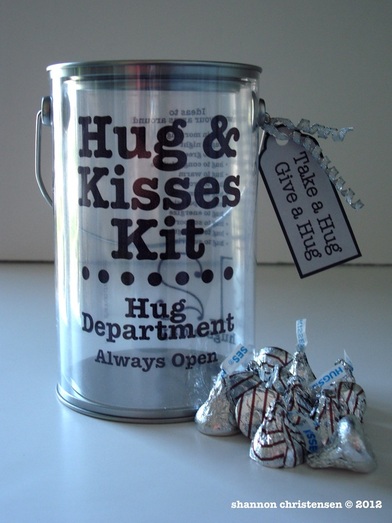
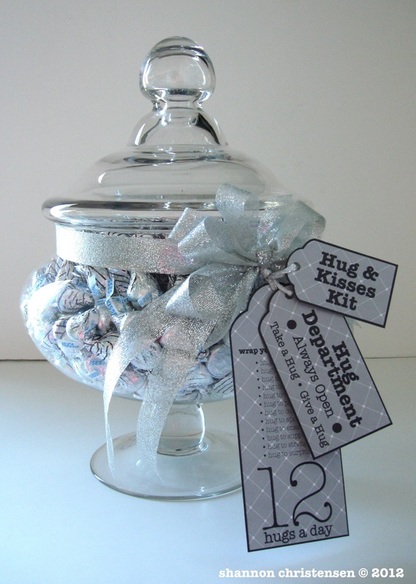


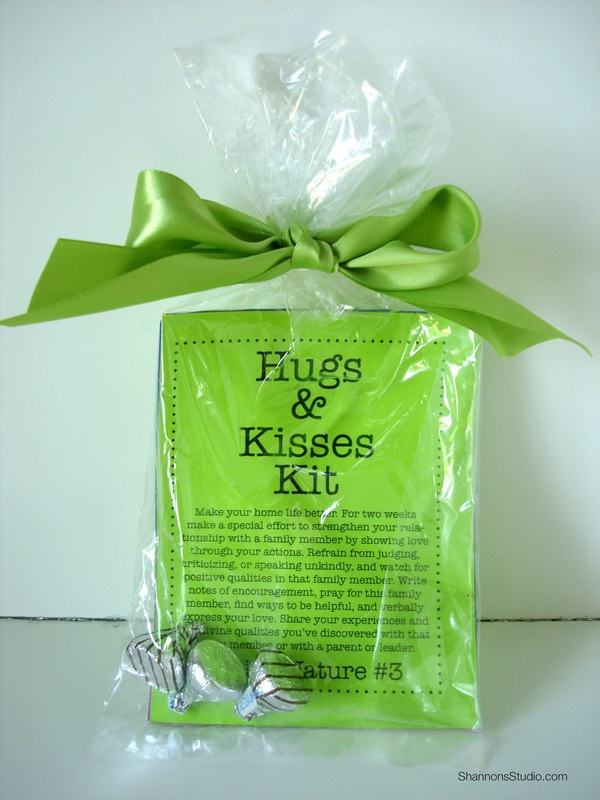
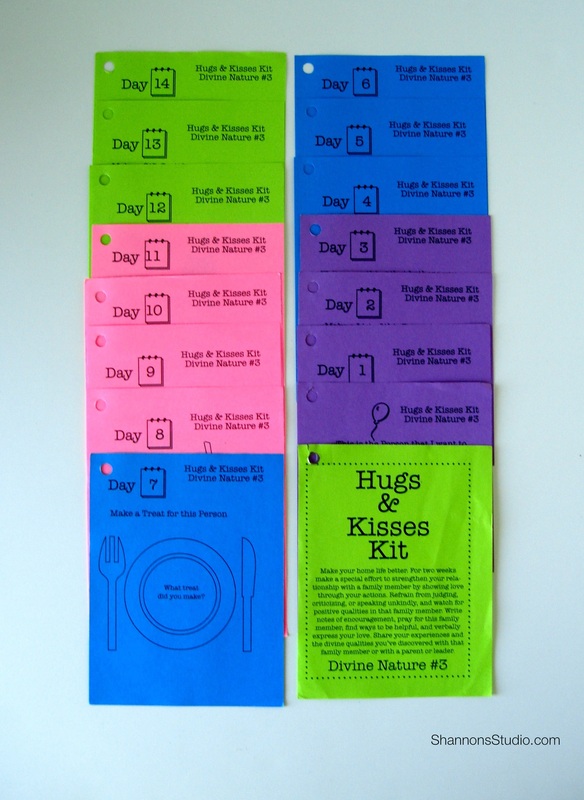
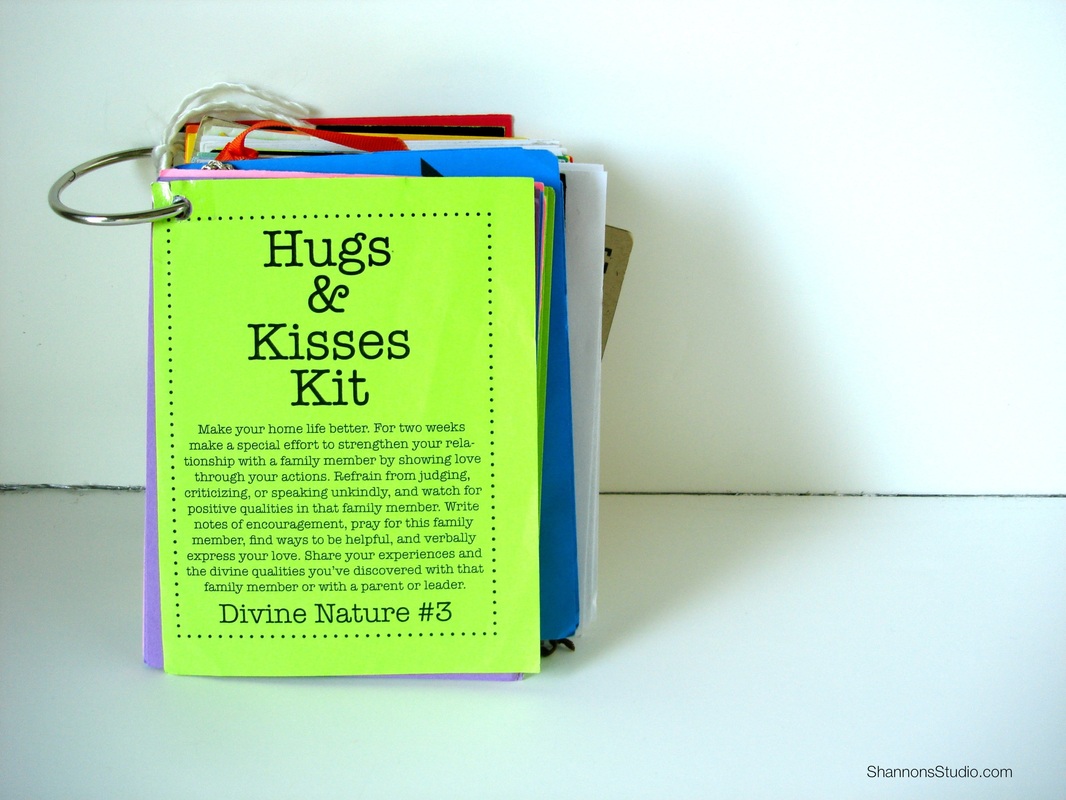



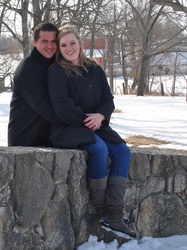

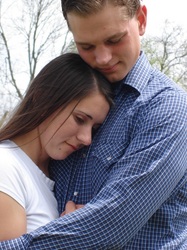

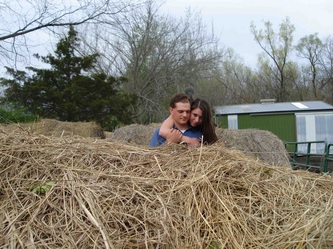
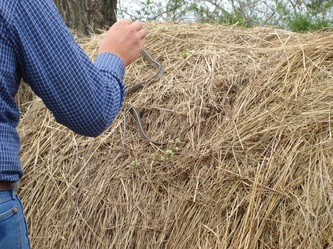
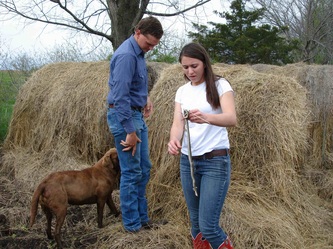
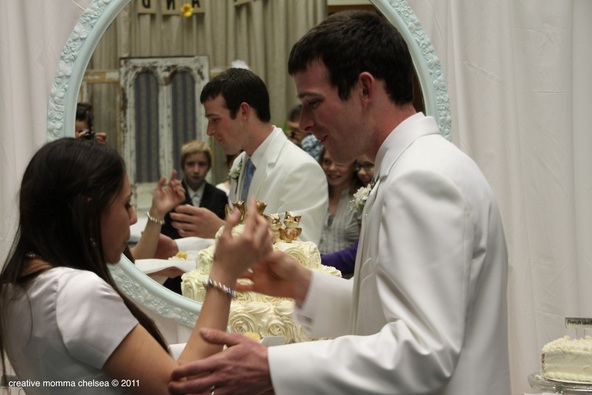
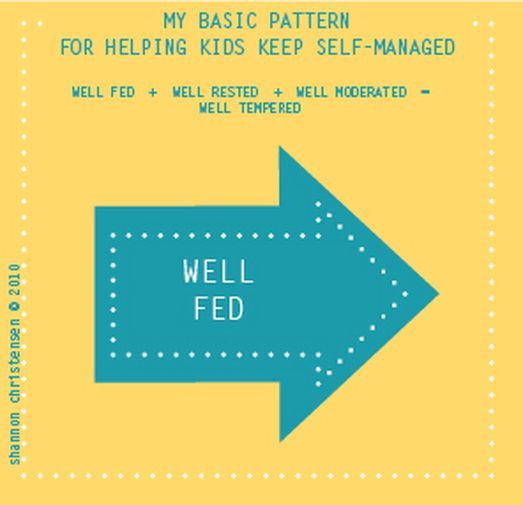
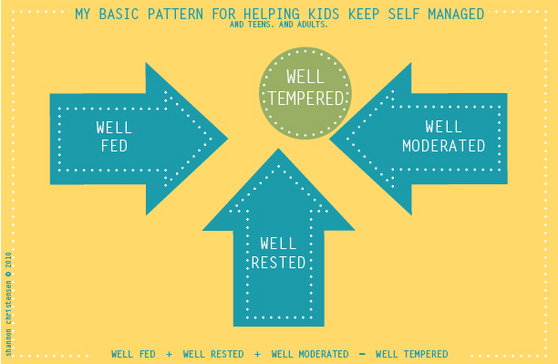
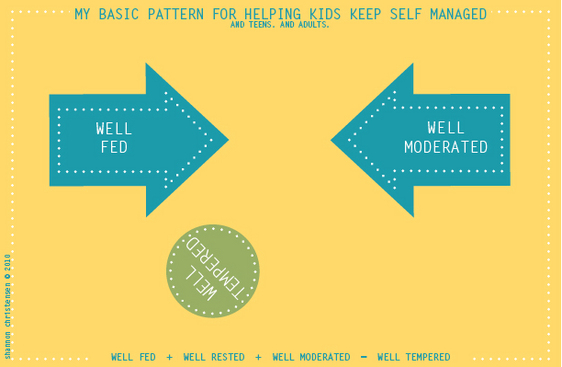
 RSS Feed
RSS Feed